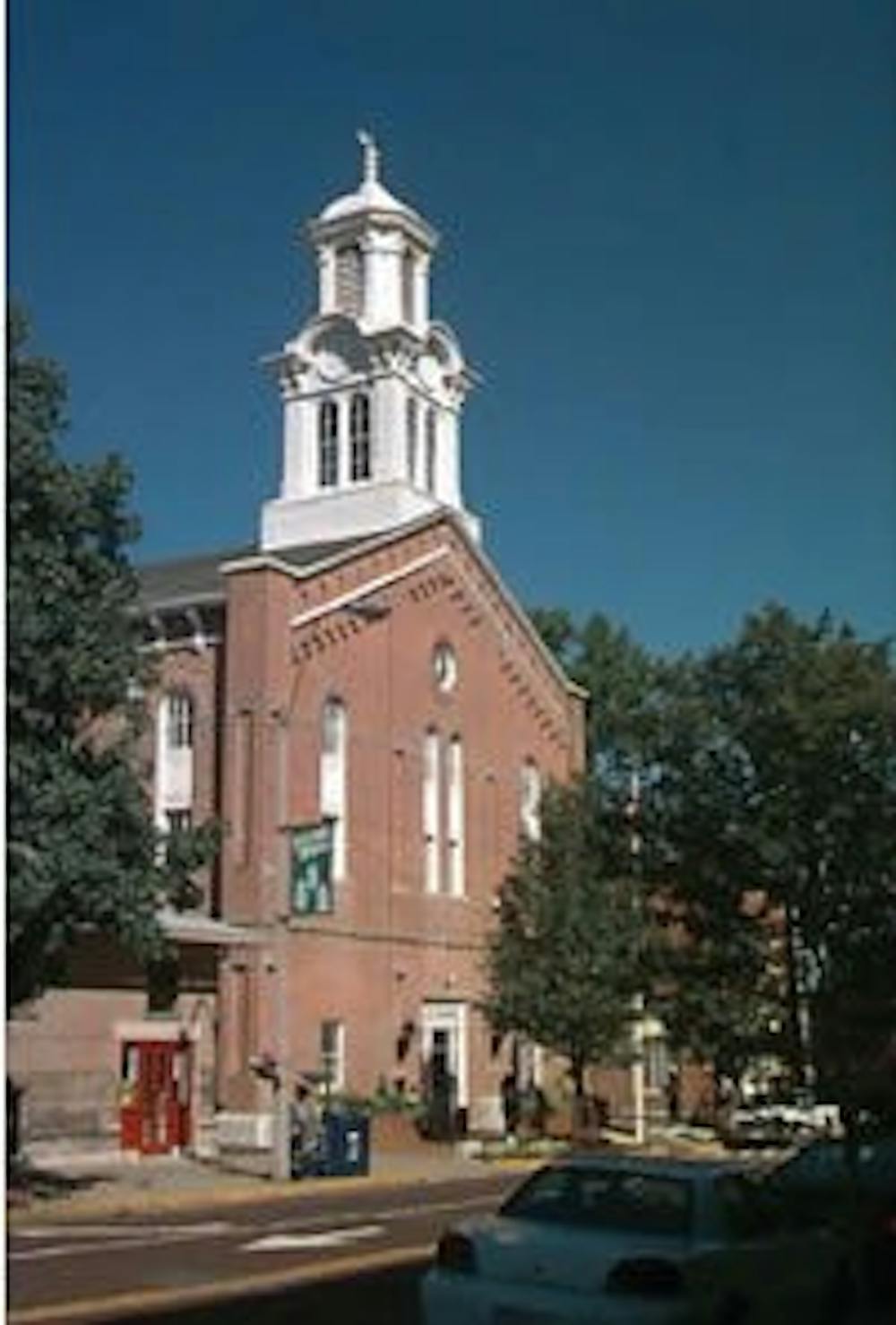The court had about 242 cases each week.
Athens County Municipal Court saw a 2 percent decrease in its caseload from 2013 to 2014, according to an annual report released by Municipal Court Judge William Grim.
Still, the court saw an average of 242 new cases per week, according to the report.
There were fewer felony, criminal, traffic and operating a vehicle while intoxicated cases in 2014 than the year before, said Pam Walton, Clerk of Municipal Court.
Walton added civil and small claims cases saw an increase last year.
Chief City Prosecutor Tracy Meek said the caseload normally varies from year to year, and that nothing was particularly different this year.
The court collected more than $2 million in receipts, the report said. That money is redistributed depending on which agency presses charges, Walton said.
“If Athens City Police arrest someone under an Athens city ordinance, the fine money would go to the City of Athens,” Walton said.
The court distributed about $1.86 million of the total receipts to “general funds or mandated state program funds,” the report said. The report added that number was down $143,799 from 2013.
However, not all fine recipients can afford to pay them, Meek said.
Offenders unable to pay their fines spent a total of 3,336 hours working off their debts, according to Grim’s report.
“In instances where people can’t afford fines, they’re allowed to work fines off by doing community service,” Meek said.
Offenders are paid at roughly minimum wage for their work, the report said.
Minimum wage is $8.10 per hour in Ohio for hourly employees.
Meek said that is a fairly common occurrence at the Athens County Municipal Court.
“Our area is not very well off,” Meek said. “There are a lot of people who just aren’t able to pay off their fines.
By offering community service as an alternative way to pay a fine, the court lost $27,022.
Meek said that though the court doles out community service for varying charges, underage drinking makes up the vast majority of volunteer hours.
Grim’s report attributed 4,664 hours of community service to participants in the court’s Underage Drinkers Diversion Program.
Meek said offenders often choose that route because it’s the most favorable route.
“You can plead not guilty and get a lawyer … or they can plead guilty and get the conviction,” Meek said. “A vast majority do the diversion program.”
Those in the program are required to do eight hours of community service, Meek said.
@emilybohatch
eb346012@ohio.edu






